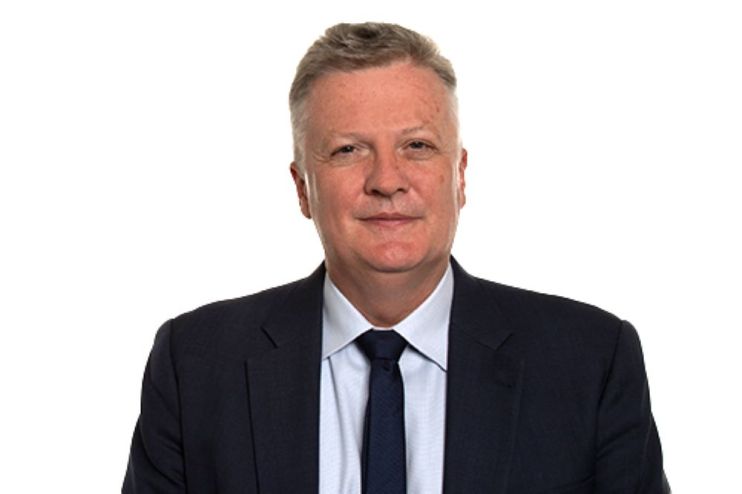Bank of England’s Huw Pill: Interest rates must remain high to tackle ‘persistent’ inflation

Huw Pill, the Bank of England’s chief economist, signalled that interest rates would remain higher for longer to tackle the danger of “persistent” inflation.
Speaking at the Official Monetary and Financial Institutions Forum, Pill said “if we have a persistent component of inflation, it seems natural to me that we have a persistent monetary response to it”.
Pill repeatedly stressed the importance of focusing on the persistent components of inflation in order to ensure that inflation falls to the Bank’s two per cent target over the medium term.
Pill said the persistent elements of inflation were mainly domestically driven, meaning tighter monetary conditions would be more effective in combating them.
A little over a month ago Pill compared his preferred approach to the path for interest rates to Table Mountain, meaning rates would peak at a lower level but remain elevated for longer than markets predict.
“This notion of focusing on the persistent elements of inflation, focusing on a persistent response that will squeeze that consistent component of inflation out — which leads to description of Table Mountain — that is key to what we need to do,” he said.
But he stressed the inherent uncertainty of forecasting, warning the “top of Table Mountain is very cloudy”.
Speaking at the IMF last week, Pill said future decisions on interest rates would be “finely balanced“. The Bank left interest rates on hold in its most recent meeting, meaning the benchmark bank rate stands at 5.25 per cent.
He said the Bank “still has some work to do in order to get back to two per cent”, suggesting interest rates may yet be increased again before the year’s end.
“It is important that we do not declare victory prematurely just because of movements, which are relatively mechanical, in headline inflation, are working their way through,” he said.
Data for inflation in September is due out on Wednesday, with economists expecting a slight decrease in inflation despite rising energy prices.